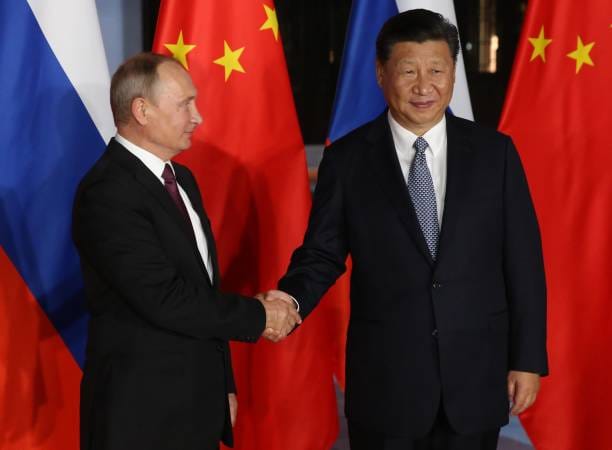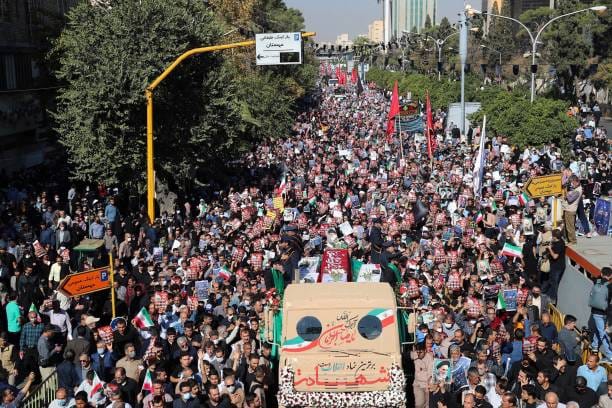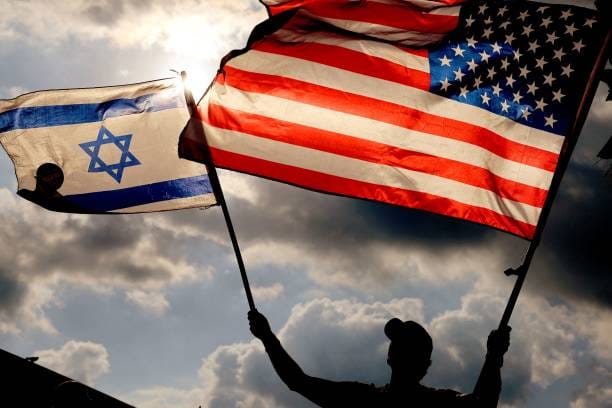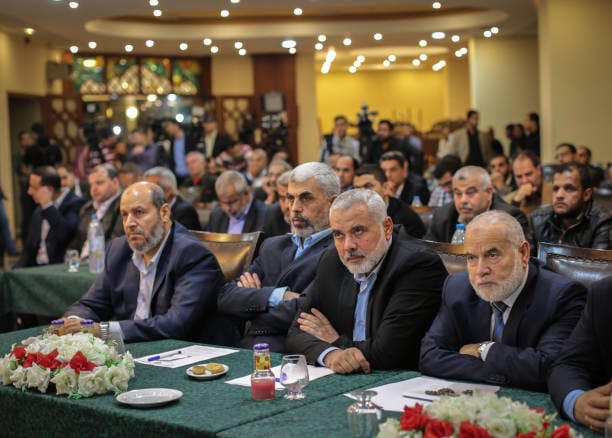East-West Rift: Russia and China Block US Bid for Gaza Ceasefire

Russia and China have exercised their veto power against a US-sponsored resolution calling for a ceasefire in the ongoing conflict in Gaza. The resolution, which sought to bring an immediate halt to the hostilities, was seen by the two nations as a unilateral move that failed to address the broader issues at play in the Israeli-Palestinian conflict. The Russian envoy criticized the resolution as giving "an effective green light for Israel to mount a military operation in Rafah," suggesting that it was biased in favor of Israeli military actions. This sentiment was echoed by China, which has called for a more balanced approach that considers the interests and concerns of all parties involved. The US Secretary of State Antony Blinken, who has been actively involved in seeking a resolution to the conflict, expressed disappointment at the veto. He emphasized the need for a ceasefire that would not only stop the violence but also lead to constructive dialogue towards a lasting peace. On the ground, the situation remains tense and precarious. The city of Rafah has become a flashpoint in the conflict, with Israeli forces poised for a potential military operation. The international community watches with bated breath as diplomatic efforts continue to navigate the complex political landscape and find a path to peace. The veto by Russia and China marks a setback in these efforts, highlighting the deep divisions within the Security Council and the challenges of achieving consensus on issues of international security and human rights. As the war in Gaza rages on, the quest for a diplomatic solution becomes ever more urgent.



